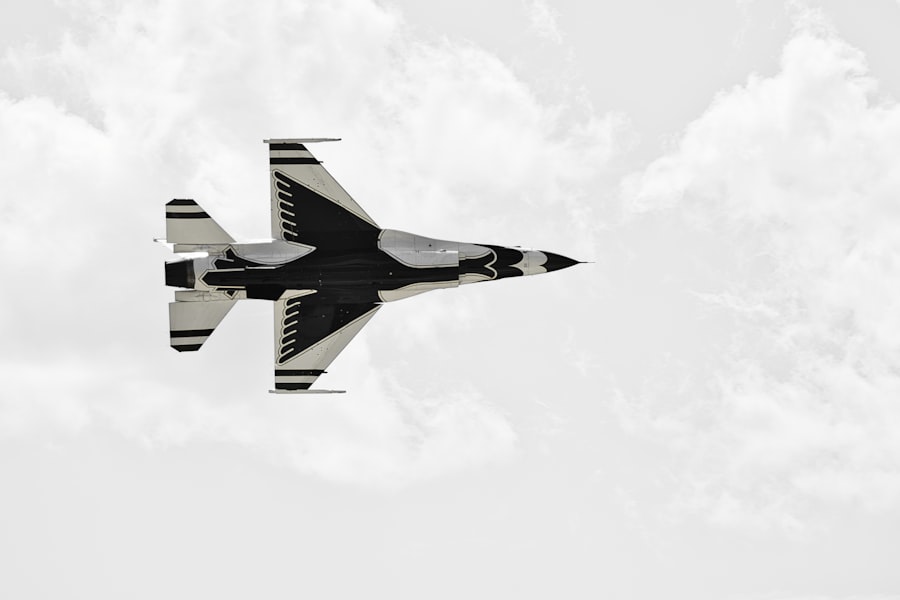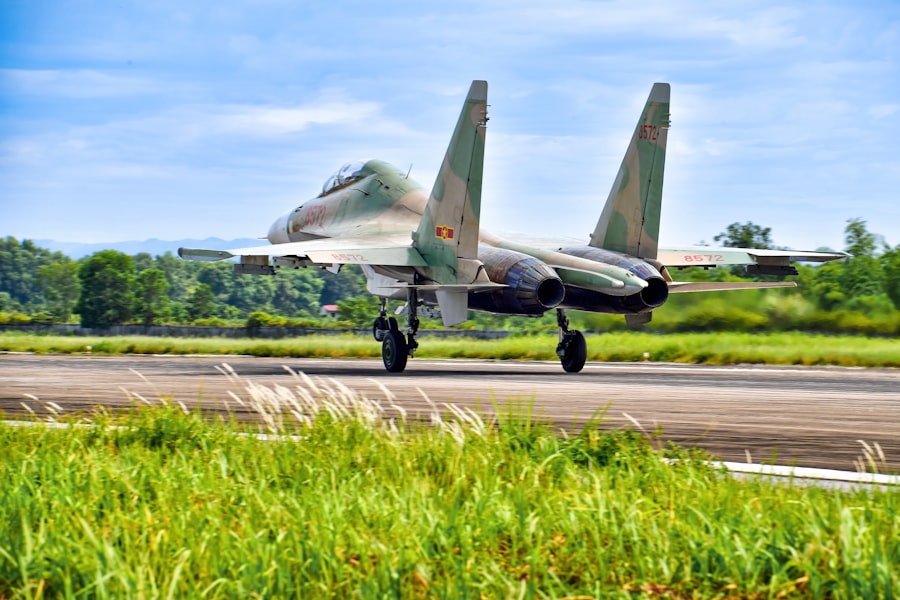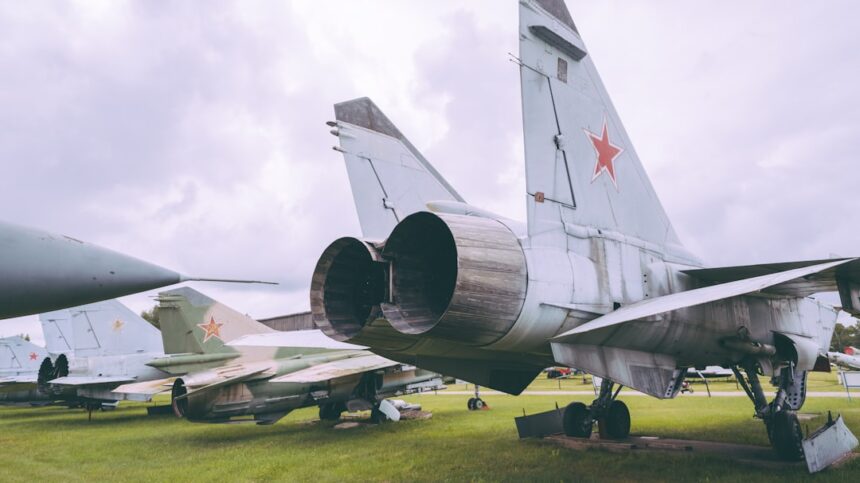Russian military logistics is a complex and multifaceted system that plays a crucial role in the operational effectiveness of the armed forces. It encompasses the planning, execution, and management of the movement and support of military forces, ensuring that troops are adequately supplied with the necessary resources to conduct operations. The logistics framework is not merely a support function; it is integral to the overall strategy and success of military campaigns.
Historically, Russia has relied on its vast geography and extensive rail networks to facilitate troop movements and supply lines, but the effectiveness of these logistics systems has come under scrutiny in recent years. The importance of military logistics cannot be overstated, especially in the context of modern warfare, where rapid deployment and sustained operations are essential. As geopolitical tensions rise and military engagements become more frequent, the efficiency and reliability of logistics systems are paramount.
The Russian military, with its storied history and vast resources, faces unique challenges in adapting its logistics to meet contemporary demands. Understanding these challenges is essential for assessing the current state of Russian military logistics and its implications for future operations.
Key Takeaways
- Russian military logistics face challenges due to lack of modernization and investment in infrastructure.
- Inefficiencies in supply chain management and transportation pose significant challenges for Russian military logistics.
- Shortcomings in maintenance, repair, personnel, and training further impact the effectiveness of Russian military logistics.
- Political and economic factors have a significant impact on Russian military logistics, affecting its overall efficiency.
- Recommendations for improvement in Russian military logistics include modernization, investment, and better supply chain management.
Analysis of Russian Military Logistics Failures
Recent military engagements have highlighted significant failures within the Russian military logistics system. These shortcomings have manifested in various ways, from inadequate supply chains to logistical bottlenecks that hinder operational effectiveness. For instance, during the conflict in Ukraine, reports emerged of troops lacking essential supplies such as food, ammunition, and medical equipment.
These deficiencies not only compromised the morale of soldiers but also raised questions about the overall preparedness of the Russian military. Moreover, logistical failures have often been attributed to a lack of coordination among different branches of the armed forces. The inability to synchronize efforts between ground forces, air support, and naval operations has led to missed opportunities and inefficient resource allocation.
This disjointed approach has been particularly evident in large-scale operations where seamless integration is critical for success. As a result, the Russian military has faced challenges in executing its strategic objectives effectively.
Lack of Modernization and Investment in Infrastructure

One of the primary factors contributing to the inefficiencies in Russian military logistics is the lack of modernization and investment in infrastructure. While Russia possesses a vast network of railways and roads, much of this infrastructure has not kept pace with contemporary military needs. Aging facilities and outdated equipment hinder the ability to transport troops and supplies efficiently.
The failure to invest in modern logistics technologies further exacerbates these issues, leaving the military reliant on outdated methods that are ill-suited for rapid deployment scenarios. Additionally, the lack of investment extends beyond physical infrastructure to include technological advancements in logistics management systems. Modern militaries increasingly rely on sophisticated software and data analytics to optimize supply chains and enhance decision-making processes.
In contrast, Russia’s logistics systems often operate on outdated protocols that do not leverage available technology effectively. This gap in modernization not only affects operational readiness but also places Russian forces at a disadvantage compared to their counterparts who have embraced innovative logistics solutions.
Inefficiencies in Supply Chain Management
| Category | Metric | Description |
|---|---|---|
| Inventory Management | Inventory Turnover Ratio | The number of times inventory is sold or used in a given period |
| Transportation | On-time Delivery | The percentage of deliveries made on time |
| Warehousing | Storage Utilization | The percentage of warehouse space being used |
| Procurement | Supplier Lead Time | The time it takes for a supplier to deliver an order |
Inefficiencies in supply chain management are another critical aspect of the challenges facing Russian military logistics. The complexity of managing a vast array of resources—ranging from ammunition to food supplies—requires a well-coordinated approach that is often lacking within the Russian military framework. Reports indicate that logistical planning is frequently reactive rather than proactive, leading to shortages and delays that can severely impact operational capabilities.
Furthermore, bureaucratic hurdles within the military procurement process contribute to these inefficiencies. The lengthy approval processes for acquiring necessary supplies can result in delays that hinder timely resupply efforts during critical operations. This bureaucratic inertia not only frustrates frontline commanders but also undermines the overall effectiveness of military operations.
As a result, the Russian military must address these supply chain management issues to enhance its operational readiness and responsiveness.
Challenges in Transportation and Mobility
Transportation and mobility are vital components of any military logistics system, and Russia faces significant challenges in this area. The vastness of the country presents both opportunities and obstacles for troop movement and supply distribution. While Russia’s extensive railway network can facilitate long-distance transport, it is often hampered by maintenance issues and inefficiencies that slow down operations.
Additionally, road networks in remote areas may be underdeveloped or poorly maintained, further complicating transportation efforts. The reliance on railways also poses strategic vulnerabilities. In times of conflict, rail lines can become targets for enemy forces, disrupting supply routes and hindering troop movements.
The inability to adapt quickly to changing circumstances can leave Russian forces exposed and unable to respond effectively to threats. To address these challenges, a comprehensive assessment of transportation capabilities is necessary, along with investments aimed at enhancing mobility across diverse terrains.
Shortcomings in Maintenance and Repair

Maintenance and repair capabilities are essential for sustaining military operations over time. However, the Russian military has faced significant shortcomings in this area, which can lead to equipment failures and operational delays. The aging fleet of vehicles and aircraft requires regular maintenance to ensure reliability, yet reports indicate that maintenance practices are often inconsistent and inadequately funded.
Moreover, the lack of spare parts and logistical support for repairs can exacerbate these issues. When equipment breaks down during operations, the inability to conduct timely repairs can leave units vulnerable and unable to fulfill their missions. This situation underscores the need for a more robust maintenance framework that prioritizes readiness and ensures that equipment remains operational throughout its lifecycle.
Issues with Personnel and Training
The effectiveness of any logistics system is heavily reliant on the personnel who operate it. In the case of Russian military logistics, there are notable issues related to personnel training and expertise. Many logistics personnel may lack the necessary skills or experience to manage complex supply chains effectively.
This gap in training can lead to mistakes that compromise operational efficiency and readiness. Furthermore, high turnover rates within logistics units can disrupt continuity and hinder the development of institutional knowledge. When experienced personnel leave or are reassigned frequently, it becomes challenging to maintain a cohesive logistics operation capable of responding swiftly to changing demands.
Addressing these personnel issues through targeted training programs and retention strategies is crucial for enhancing the overall effectiveness of Russian military logistics.
Impact of Political and Economic Factors on Logistics
Political and economic factors play a significant role in shaping military logistics capabilities. In Russia’s case, economic sanctions imposed by Western nations have had a profound impact on defense spending and resource allocation. These sanctions have limited access to advanced technologies and materials necessary for modernizing logistics systems, further exacerbating existing inefficiencies.
Additionally, political decisions regarding military priorities can influence logistics planning and execution. Shifts in strategic focus or changes in leadership can lead to abrupt changes in resource allocation, impacting long-term logistics strategies. As such, understanding the interplay between political dynamics and logistical capabilities is essential for assessing the future trajectory of Russian military logistics.
Comparison with Other Military Logistics Systems
When evaluating Russian military logistics, it is instructive to compare it with other countries’ systems that have demonstrated greater efficiency and effectiveness. For instance, NATO countries have invested heavily in modernizing their logistics frameworks, incorporating advanced technologies such as real-time tracking systems and automated inventory management tools. These innovations enable rapid response capabilities that are critical in contemporary warfare.
In contrast, Russia’s reliance on traditional methods hampers its ability to compete on an equal footing with more technologically advanced militaries. The lessons learned from NATO’s logistical successes highlight areas where Russia could improve its own systems by adopting best practices from other nations while also tailoring solutions to fit its unique operational context.
Recommendations for Improvement
To enhance its military logistics capabilities, Russia must undertake a comprehensive reform strategy focused on modernization and efficiency. First and foremost, investing in infrastructure upgrades is essential to ensure that transportation networks can support rapid troop movements and supply distribution effectively. This includes not only physical upgrades but also integrating modern technologies into logistics management systems.
By adopting more agile procurement practices, the Russian military can ensure that resources are available when needed most. Furthermore, prioritizing personnel training programs will equip logistics personnel with the skills necessary to navigate complex supply chains effectively.
Finally, fostering collaboration with allied nations could provide valuable insights into best practices for military logistics management.
Conclusion and Future Outlook for Russian Military Logistics
In conclusion, Russian military logistics faces significant challenges that impact its operational effectiveness on multiple fronts. From infrastructure deficiencies to personnel training issues, these shortcomings must be addressed if Russia aims to maintain a competitive edge in an increasingly complex geopolitical landscape. The interplay between political decisions, economic constraints, and logistical capabilities will continue to shape the future trajectory of Russian military logistics.
Looking ahead, there is potential for improvement through targeted investments in modernization efforts and a commitment to adopting best practices from other nations. By embracing innovation and prioritizing efficiency within its logistics framework, Russia can enhance its operational readiness and ensure that its armed forces are equipped to respond effectively to emerging threats on the global stage. The path forward will require strategic foresight and a willingness to adapt to changing circumstances while remaining true to its historical strengths as a formidable military power.
In recent years, the analysis of Russian military logistics failures has become a critical topic for defense experts and analysts worldwide. A comprehensive examination of these logistical challenges can be found in an insightful article on In The War Room. This article delves into the complexities and shortcomings of Russian military supply chains, highlighting the impact of these issues on operational effectiveness. By understanding these logistical failures, military strategists can better anticipate and mitigate similar challenges in future conflicts.
WATCH NOW! 🎖️ Plot Twist: Russia’s Military Is Being Eaten Alive By Its Own Corruption
FAQs
What is the Russian military logistics failure analysis article about?
The article provides an analysis of the failures in Russian military logistics, examining the causes and consequences of these failures.
What are some of the key issues discussed in the article?
The article discusses issues such as inadequate supply chain management, outdated infrastructure, lack of modern technology, and inefficiencies in transportation and distribution.
What are the consequences of the Russian military logistics failures?
The consequences of the failures in Russian military logistics include delays in operations, decreased combat readiness, increased costs, and overall reduced effectiveness of the military.
Are there any specific examples of Russian military logistics failures discussed in the article?
The article may provide specific examples of logistics failures in the Russian military, such as supply shortages during military operations or breakdowns in transportation and distribution systems.
Does the article offer any recommendations for improving Russian military logistics?
The article may offer recommendations for improving Russian military logistics, such as investing in modern technology, updating infrastructure, and implementing better supply chain management practices.




